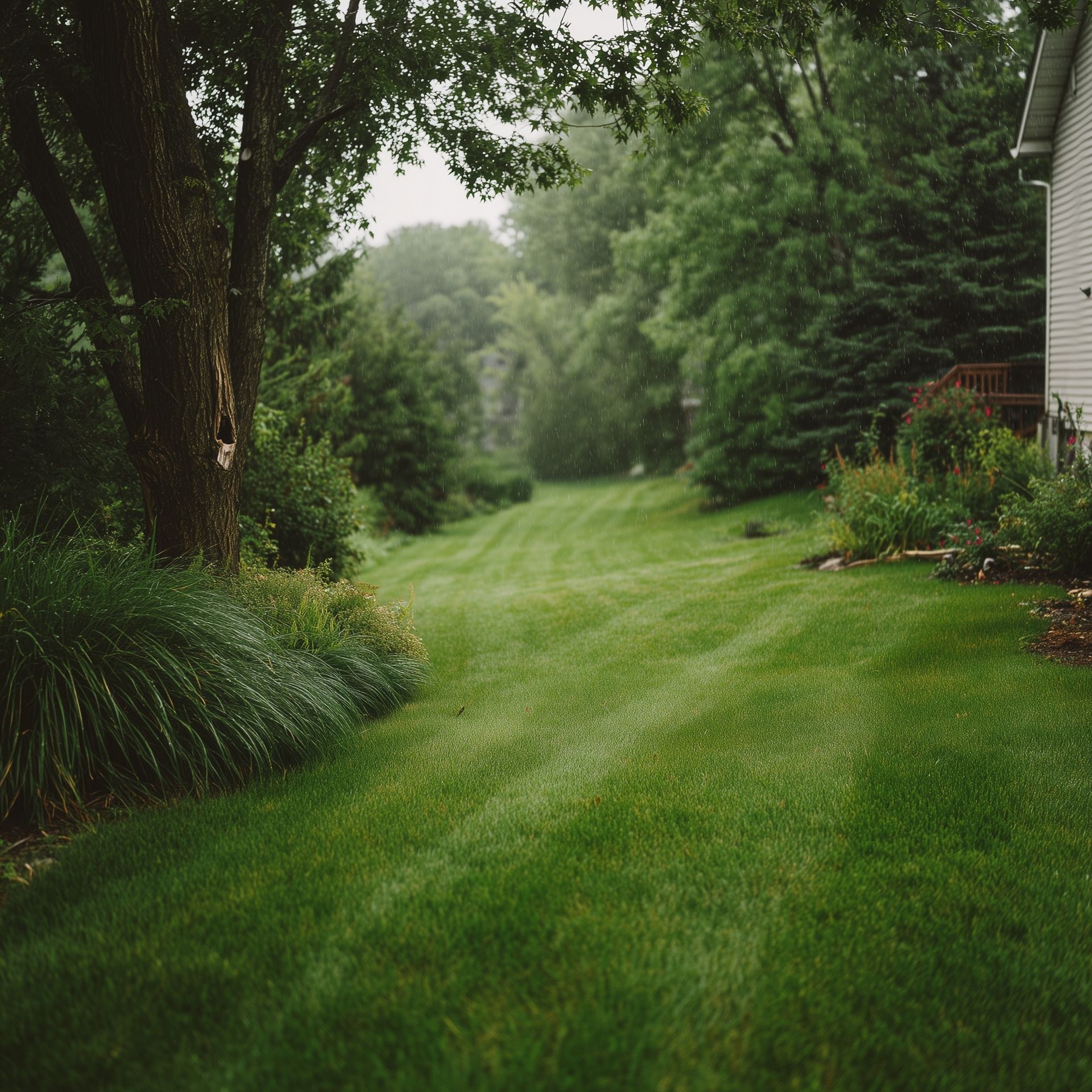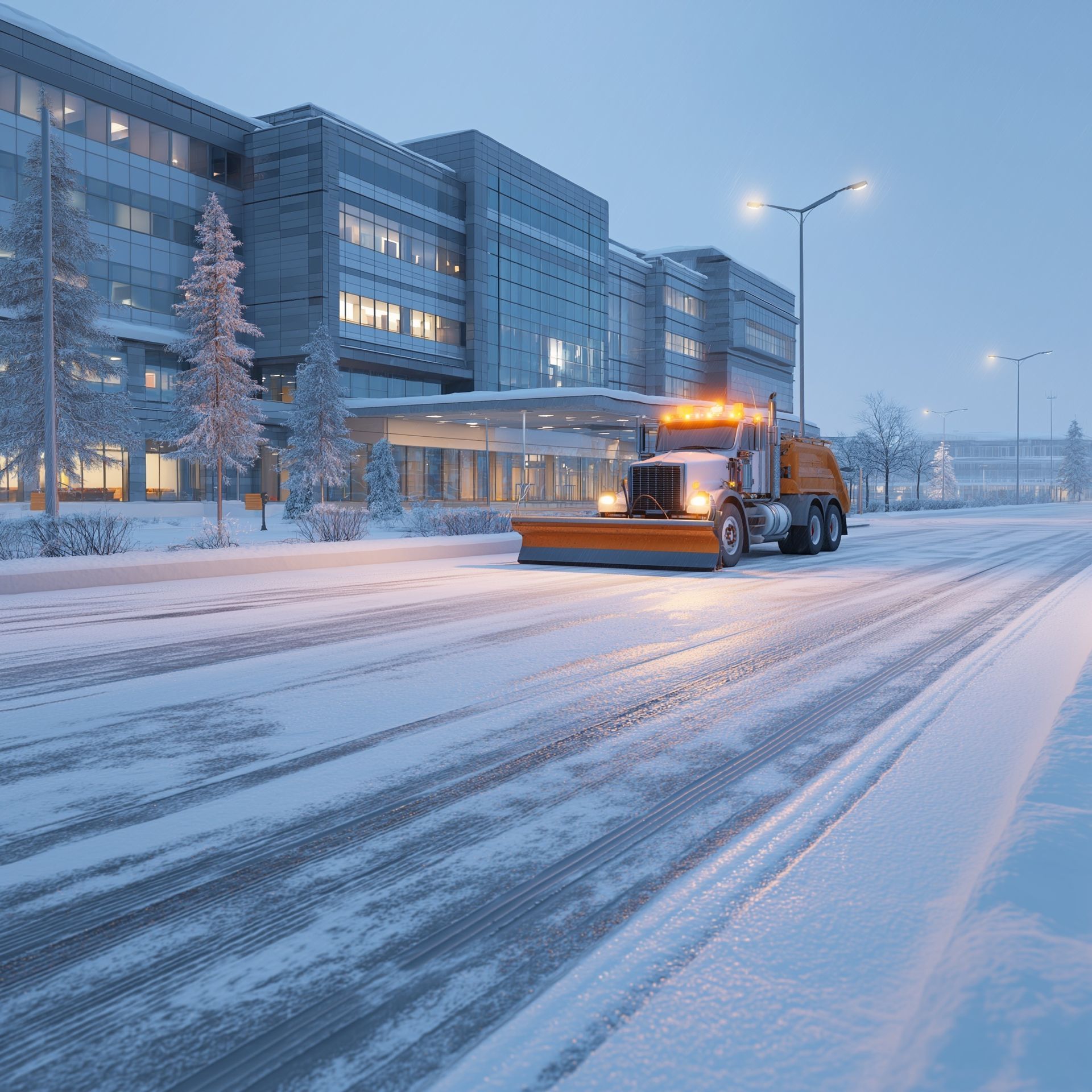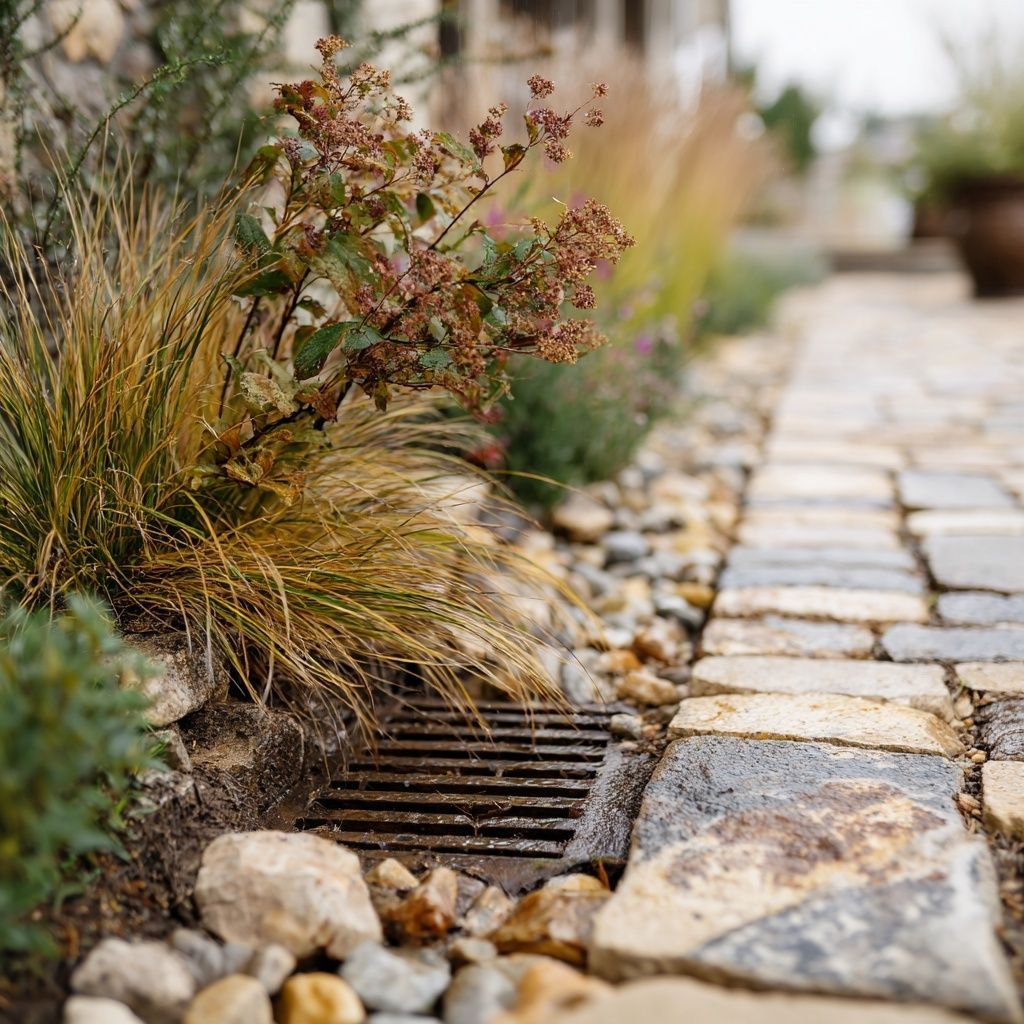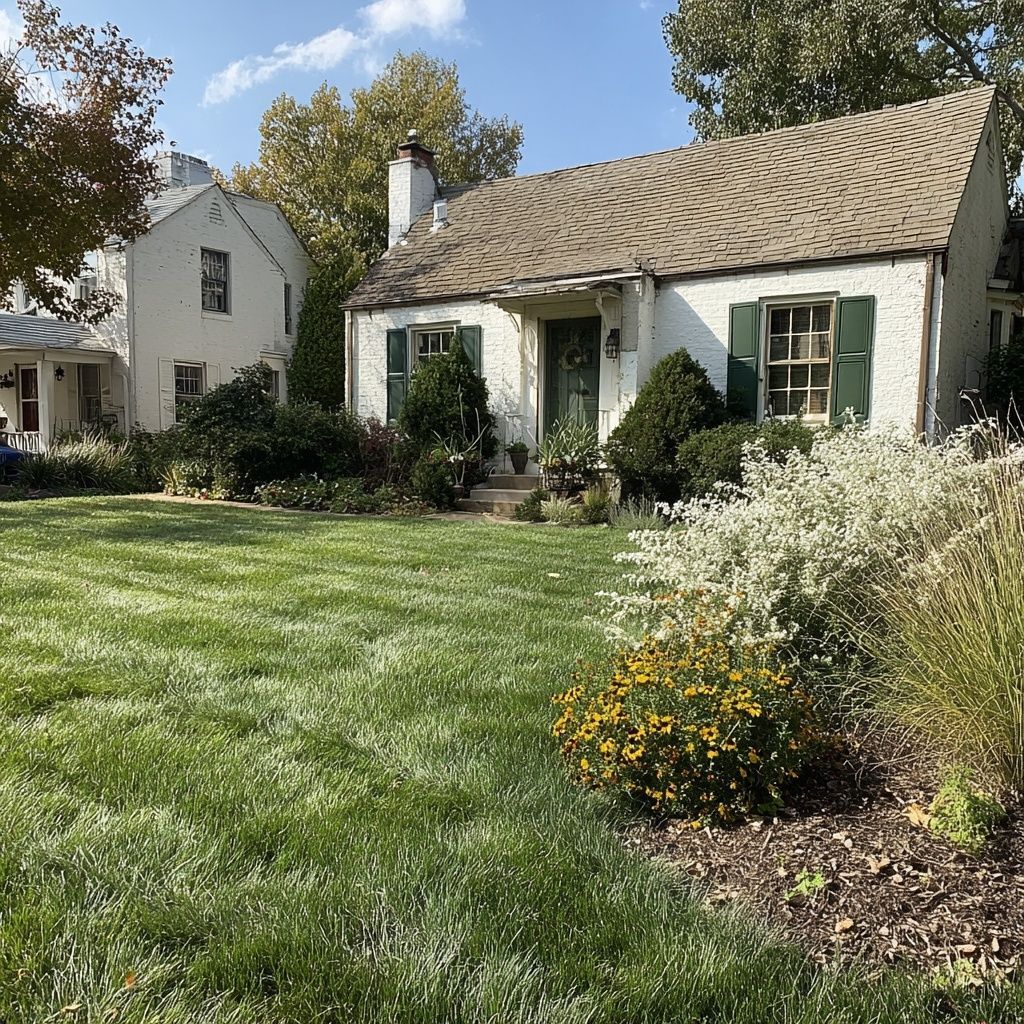Why Permeable Pavers Are Ideal for Snow and Ice Removal
Permeable pavers are a popular choice because they’re durable and convenient. If you live in an area with cold temperatures and heavy snowfall, you should know that permeable pavers driveway snow removal
is made easier thanks to the porous characteristics of the materials used for those surfaces. Here is why a permeable driveway could make snow and ice removal easier for you.
What Is A Permeable Paver?
A permeable paver is a surface that uses a porous material as its top layer. Some permeable pavers rely on small spaces between the materials used to let water seep through.
The purpose of a permeable paver is to prevent water buildup on its surface. The cracks or porous material allow water to reach the sub-base of the paver or the soil, depending on the design of the paver. It’s a surface that supports the natural process through which water reaches underground reserves, and it reduces the risks associated with water pooling on your property.
There are different types of permeable driveways. Here are the most popular permeable driveway options:
How Do Permeable Pavers Work?
Are permeable pavers a good
fit for your home? Let’s take a closer look at how they work.
A permeable driveway has a top layer made from a material like concrete or asphalt or uses interlocked elements with a small space in between.
Where it rains, the top layer of the permeable driveway will trap water
and allow it to seep through at a slow and natural pace. That process helps remove pollutants from water. Water doesn’t have enough time to pool and collect more pollutants before being absorbed into the soil, and materials like porous concrete and asphalt act as filtration layers that retain pollutants.
That process also allows water to reach a natural temperature. Having water seep through the soil at a natural temperature is beneficial for the environment.
Depending on the design of your permeable paver, water might pool in the sub-base before seeping into the ground. If your driveway doesn’t have a sub-base, water will be absorbed into the soil after going through the top layer.
Once water ends up in the soil, it will find its way to nearby water reserves. It’s an effective and natural way of managing water runoff, it helps replenish local water reserves, and it prevents pollutant buildups.
What Are the Pros and Cons of Permeable Pavers and Driveways?
Stormwater runoff can be an issue in urban areas. Water tends to pool and collect pollutants before ending up in local water reserves. If water has enough time to sit on the surface of your driveway, it can collect pollutants like motor oil and chemicals.
Water pooling is an issue because it can cause erosion. In the winter, a pool of water can freeze and become a safety hazard. A paver driveway in winter
will be safer because water won’t have time to pool and form ice. Preventing ice formation will make your driveway last longer since ice can get inside of cracks and worsen them.
Even without ice, water pooling on your driveway is an inconvenience. Water can cause pitting, holes, cracks, or result in an uneven surface.
A permeable driveway will manage water runoff and help prevent flooding on your property. It will also prevent the formation of stream channels during heavy precipitation. Stream channels can become an issue because they cause erosion.
There are a few downsides you should be aware of
before exploring permeable paver options:
How Do Permeable Pavers Help with Snow and Ice Removal?
You are probably wondering about permeable pavers and snow removal. Can you use traditional snow and ice removal methods on those surfaces?
Snowplowing paver driveways is safe and will help prevent snow buildup. You can also use shoveling, salt, ice melts, or get rid of snow with a snowblower.
Traditional snow and ice removal methods work with permeable driveways and are safe to use. None of these methods will damage the permeable surface.
One of the advantages of a permeable driveway is that it makes snow and ice management easier. When the snow melts, water will go through the porous material instead of stagnating on the surface. You won’t have to worry about water accumulating on your driveway and freezing again.
A permeable driveway won’t eliminate ice completely, but it will prevent melted snow from freezing again in cold temperatures by letting water seep through. You will be less likely to end up with large patches of ice in your driveway.
You should still use snow removal methods to prevent buildups and keep your driveway safe. It’s best to keep your driveway clear of ice and snow for safety reasons, even if the permeable material reduces risks of icy patches forming.
Permeable driveways are more durable in cold areas because a regular driveway will let melted snow form pools of water that can freeze again. That process of thawing and freezing causes pitting, holes, and cracks to form and expand.
The other advantage of a permeable driveway is that it lets water reach the soil instead of retaining it. You won’t have to worry about water freezing and causing cracks to appear on the surface of your driveway. This advantage should reduce the need for maintenance in the long-term.
What Should You Consider Before Getting A Permeable Driveway?
You should compare the different designs and materials available. Find out more about the maintenance needed for different materials, and determine the size of the area that you want to cover.
It’s best to work with a professional who can help you explore the different options available to you and recommend a customized solution adapted to your needs. You should also look into installing additional water drainage solutions if there are issues with water runoff on your property. A professional will be able to answer all your questions about permeable driveways and recommend the best solution for you.

When Pergolas Don’t Last, There’s Always a Reason After nearly two decades of building outdoor spaces across Medina, I’ve seen what happens when pergolas aren’t designed for Minnesota’s conditions. You can spot them a mile away—posts that lean, beams that twist, and concrete pads that have heaved out of level after just a couple of winters. It’s not because homeowners cut corners intentionally. It’s usually because whoever built it didn’t account for what our climate really does to structures that aren’t anchored right. Medina’s heavy clay soil doesn’t drain well. It holds moisture, freezes solid, and then expands like a hydraulic press pushing on everything above it. When pergolas are set on surface-level post bases, that pressure has nowhere to go but up—and the whole thing moves. Even small shifts can cause joints to separate, wood to crack, and hardware to loosen. That’s how a $15,000 structure starts looking tired after a few years instead of standing straight for decades. The truth is, pergolas here aren’t just about shade or looks. They’re about structure, drainage, and how every piece ties into the patio beneath it. A pergola that stands tall through Minnesota winters is built on the same principles as a good foundation—it’s only as strong as what’s underneath it. If you live in Medina and want to enjoy your backyard without worrying about your investment warping or sagging, start with design that respects the environment it’s built in. That means thinking beyond lumber and stain colors. It means understanding soil movement, water management, and the importance of integrating your pergola with the patio below it.

Solutions for Properties in Minnetonka You can always tell a Minnetonka yard that’s fighting its slope. Water doesn’t lie, it finds the weak spots every time. I’ve walked plenty of properties where a backyard starts beautiful in June, but by September, the patio is heaving, the grass near the pool looks like a marsh, and the homeowner is wondering how it got so bad so fast. The truth is, when you’re dealing with rolling terrain and heavy clay soils like we have around Minnetonka, you can’t just move dirt and hope gravity behaves. You need a plan that manages water from the surface all the way down through the subsoil. This is what I’ll walk you through here. You’ll see what actually causes drainage issues on sloped properties, how poor planning leads to cracked patios and shifting pool decks, and the smart drainage systems that can stop those problems for good. Whether you live near Lake Minnetonka or up in the higher ridges closer to Deephaven or Woodland, understanding how your yard sheds water is the difference between a property that lasts and one that’s constantly under repair. The Real Challenge of Sloped Minnetonka Yards Minnetonka is known for its hills, lakefront properties, and mature trees, but all that beauty comes with a set of challenges below the surface. Most of the soil here is dense clay. It holds water like a sponge and drains slowly, which means after every heavy rain, that water looks for a way downhill. If it doesn’t have a proper outlet, it ends up collecting right where you don’t want it, like along your patio, at the base of a retaining wall, or near your pool deck. I see this every season: homeowners trying to solve slope problems with a quick regrade, a layer of rock, or a simple surface drain. Those things might help for a while, but they don’t address what’s really happening underground. Clay soil doesn’t just get wet—it becomes saturated, expanding and contracting with every freeze-thaw cycle. When that happens under a patio or wall, it doesn’t matter how well-built the surface looks. The ground will move, and that movement cracks stone, shifts pavers, and slowly tears apart everything on top. The other challenge with sloped lots is how water interacts with gravity. It accelerates downhill, gaining momentum as it goes. When it hits a flat area like a patio, the water loses speed but not volume, pooling instead of flowing. That’s why I tell clients that “flat spots” on a sloped property are both an opportunity and a responsibility. They’re the best spaces to create usable outdoor areas, but they have to be engineered to handle water movement. I’ve worked on plenty of Minnetonka yards where the backyard has a beautiful view but terrible grading. You can have a perfect slope on paper, but if it directs water toward your house or creates a bowl effect between structures, you’ll end up with soggy soil and standing puddles that never dry. The goal is to move water off and away while keeping the surface level enough for comfort and usability. It’s a fine balance, but when it’s done right, it completely transforms how a property functions.








